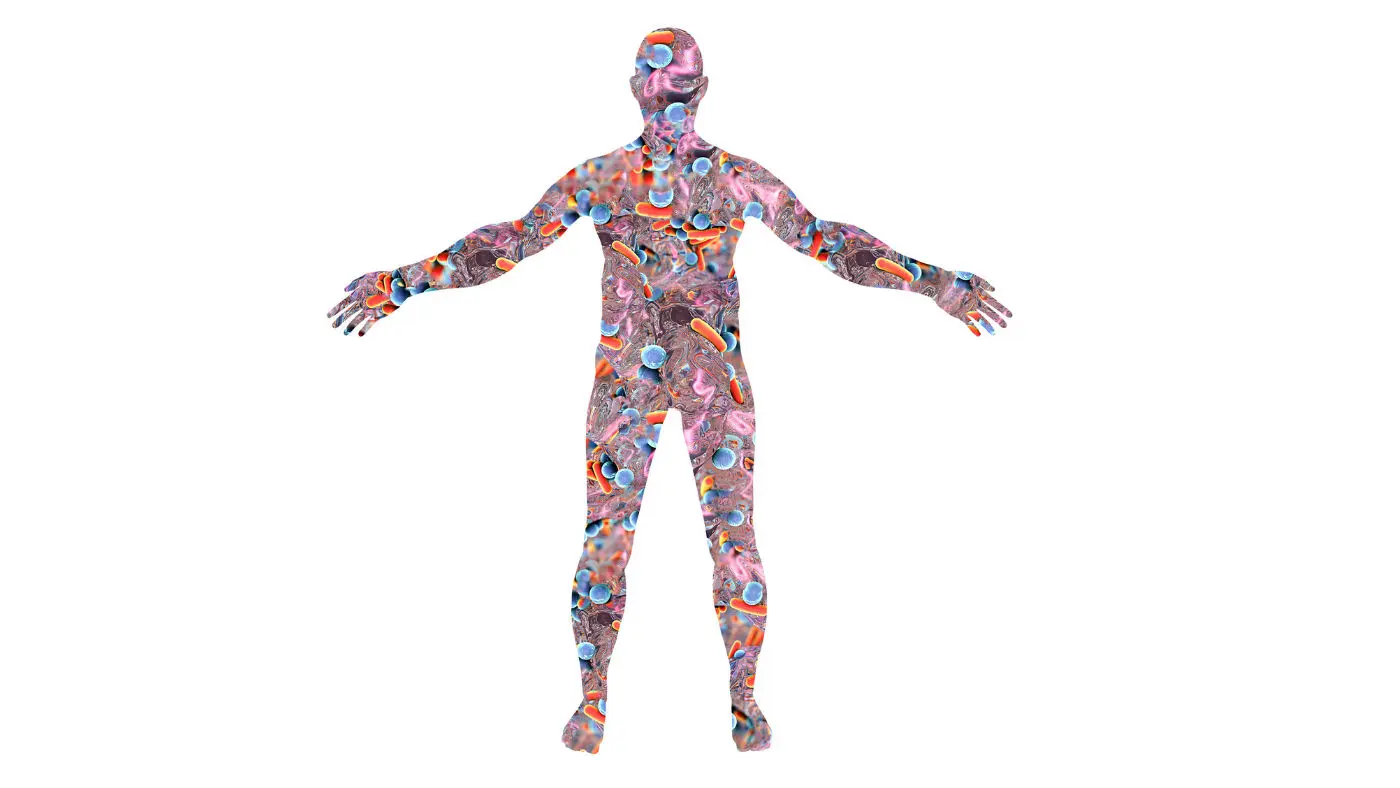More recently, research reveals that the bacteria that live in our guts play a vital role in influencing our brains and mental well-being. Our intestines are also called "small brains". When we feel stressed, anxious, afraid, your brain sends signals to your digestive tract that cause DIGESTIVE SYMPTOMS. It can feel like cramps, colic, indigestion, even diarrhea.
Further research has shown that this communication goes both ways. An irritated digestive tract sends signals to the brain that can cause mood swings and sleep disturbances.
How is the brain related to the gut?
The gut-brain axis represents a bidirectional communication between the gut and the brain. This two-way communication is a dynamic system that sends, receives, interprets and responds to information. These include both direct and indirect pathways connecting the emotional and cognitive centers of the brain with gut function.
The gut-brain axis likely explains why (VT) symptoms are often indicative of mental health disorders. Changes in appetite and weight are common features of major depressive disorder (MDD), and symptoms of diarrhea and nausea are common among individuals with anxiety disorders. In addition, mood disorders, anxiety, and stress are well known for their influence on gastrointestinal disorders such as irritable bowel syndrome (IBS) and inflammatory bowel disease (IBD).
Intestinal microbiota - good and bad bacteria
Your gut and skin are covered with trillions of microscopic organisms, mostly bacteria. Together, these organisms create a microsystem called the microbiome. Our microbiome is home to both good and bad bacteria. From these bacterial balance depends on our well-being. And although we probably don't notice the presence of the microbiome, it plays a key role in modulating disease and maintaining the well-being of each of us.
The gut microbiota-brain connection refers to systems in the body that allow for two-way communication between the brain and the bacteria that naturally inhabit the gut. Science is gradually discovering the mechanisms of this process and the influence of gut microbes on the brain.
One channel of communication is through the "vagus" nerve, which runs from the base of the brain to the digestive system. Research shows that gut bacteria can modulate the activity of the vagus nerve, which sends signals to the brain. The vagus nerve is a major component of the parasympathetic nervous system, which oversees essential body functions, including the immune response, digestion, heart rate and mood.
How are gut bacteria related to serotonin and dopamine balance?
Research has also found that gut bacteria produce neurotransmitters such as serotonin, dopamine and GABA. These are hormones that play a vital role in mood, depression and anxiety. In fact, it's estimated that more than 90 percent of the body's serotonin is located in the gut. Gut bacteria also affect how the body metabolizes neurotransmitters, determining the amount that travels through the circulatory system to the brain.
Healthy intestines - strong immunity
Gut bacteria also play an important role in the body's immune system and inflammatory response. Therefore, it is very important to maintain the balance of good bacteria throughout the intestines. Good bacteria thrive when we consume high fiber foods in our diet. Fibers is the main food for the bacteria needed for the successful growth of good bacteria in the gut. If we do not consume a lot of fibrous food in our diet, it is recommended to consume it additionally dietary fiber together with good bacteria. And so restore healthy and strong intestines.
Microbiota and the relationship between depression and anxiety
An imbalance of microorganisms in the digestive tract (called dysbiosis) is associated with adverse health conditions that range from inflammatory bowel disease to cancer. Investigating the relationship between gut microbiota and mental health is a relatively new area of research. Research shows that gut bacteria can affect the brain's response to stress. Newer research is providing additional insights that point to links between gut bacteria and mental health.
Such insights lead to a better understanding of the relationship between gut microbiota and mental health in humans. Many human studies show that depressed individuals have significant differences in their gut microbiomes compared to non-depressed individuals. Therefore, it is very important to take care of restoring the intestinal microbiota, providing the body with good bacteria and dietary fiber.
A vision of the microbiota
Evidence is accumulating that gut microbes influence mental health. Therefore, researchers are exploring ways to improve mental health by replacing the gut microbiome with beneficial, good bacteria. Existing research has shown that probiotics can reduce anxiety, restore a positive gut good bacteria the balance. Health professionals are studying the links between the gut microbiome and mental health, such as depression or anxiety. It is also important to remember that depression and mental health are caused by factors such as genetics, environmental pollution, medications and lifestyle.
It's important
*In time, pay attention to the signals sent by your well-being;
*Replenish the body with natural minerals or vitamins;
*Enjoy energy and good mood every day!
For those who are interested in how to strengthen the body, have energy, avoid mood swings and regain peace of mind, preventive health specialists recommend Testa "Your Day". This test will help you get to know your body better and get recommendations on which nutrients to enrich it with.











